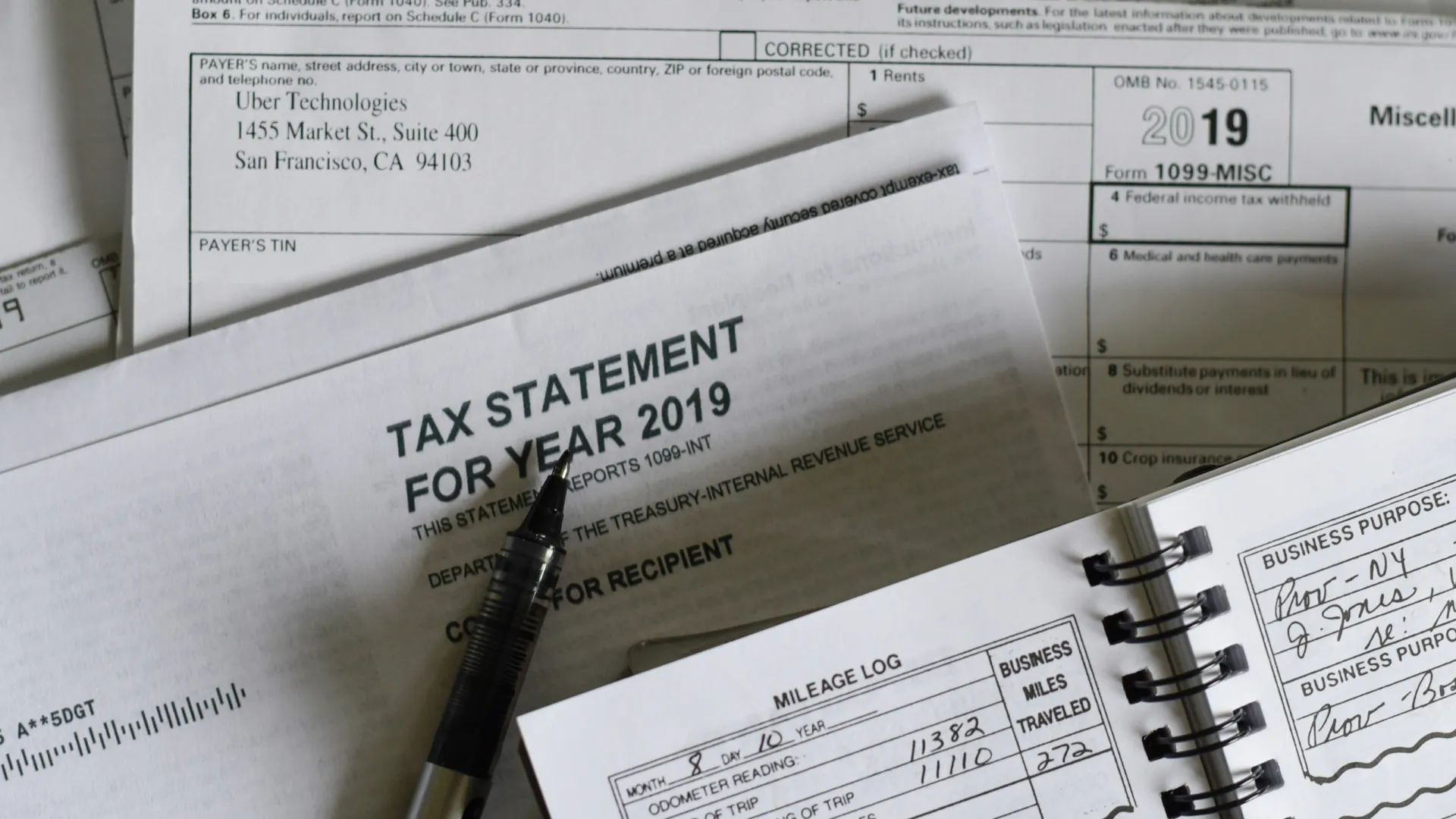
Maximize Tax Benefits for Prevailing Wage Compliance
Key Reasons to Prioritize Prevailing Wage Compliance
Ensure Prevailing Wage Compliance
Compliance with prevailing wage laws is essential for businesses engaging in public works projects or those funded by government contracts. These laws ensure that workers receive fair wages comparable to others in similar occupations within the region. For companies, adherence to prevailing wage requirements supports fair labor standards and qualifies them for various tax incentives. These incentives are designed to promote ethical labor practices. They can significantly reduce the overall labor cost through tax credits or deductions, enhancing the financial feasibility of complying with these regulations.
Tax incentives linked to prevailing wage compliance can be a powerful tool for businesses to optimize their project budgets while maintaining high standards of labor compensation. By aligning project execution with legal wage requirements, companies safeguard against legal repercussions and capitalize on the government's fiscal benefits. Such incentives encourage participation in public sector projects and foster a competitive, equitable labor market. Businesses keen on maximizing these benefits should ensure rigorous compliance with prevailing wage laws and consider consulting with compliance experts to navigate the complexities of these regulations efficiently.